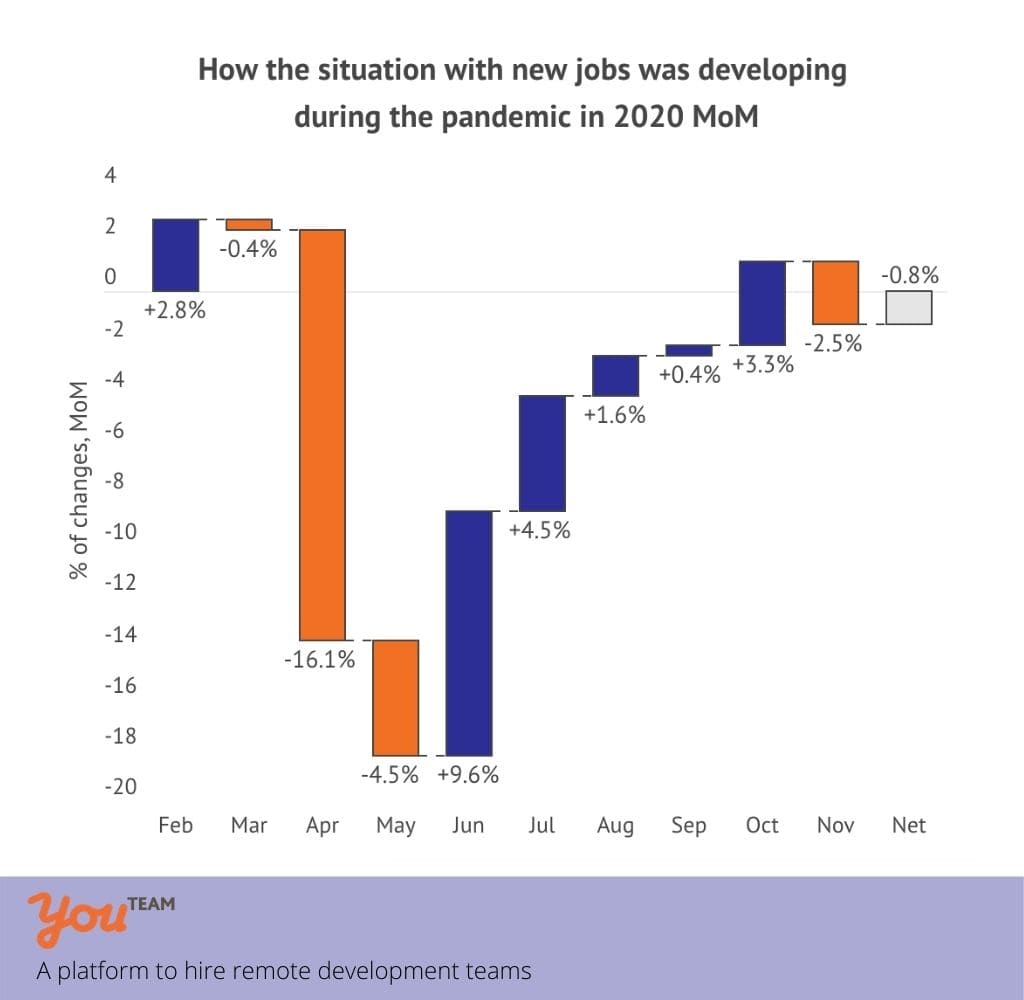In a noteworthy development, Dow futures surged by 400 points following an announcement from President Donald Trump regarding the extension of tariffs on the European Union (EU). This news has elicited a strong positive response from investors, who appear encouraged by the prospect of prolonged economic negotiations rather than escalated trade tensions between the United States and its European counterparts. The stock market’s reaction highlights how considerable political decisions can swiftly influence economic sentiment and market trajectories.
The announcement comes at a time when global markets have been grappling with uncertainty due to various economic factors, including inflationary pressures, supply chain disruptions, and inconsistent growth patterns. The tariff extension is viewed as a strategic move by the administration to maintain leverage in ongoing trade negotiations with the EU. When tariffs were originally imposed, they were part of a broader strategy to address trade imbalances and perceived unfair practices. By extending these tariffs, the administration signals its commitment to addressing these issues head-on.
Following the announcement, there was an immediate uptick in not only Dow futures but also in other major indices, which reflected an overall boost in market confidence. Wall Street analysts indicated that the extension of EU tariffs could lead to a stabilizing effect on markets, at least in the short term, as businesses assess their positions and potential recourse options. Additionally, sectors such as manufacturing, agriculture, and technology are likely to be significantly impacted as they navigate the implications of continued tariffs on their operational costs and pricing strategies.
Moreover, the European market responded incrementally, showcasing a mixed reaction. Investors in European markets are closely monitoring how these tariffs will affect their own economies and trade relations with the U.S. While some sectors might brace for adverse effects from the tariffs, others may find opportunities in the evolving landscape of international trade.
In light of this announcement, businesses are gearing up for upcoming earnings reports, facing the challenge of interpreting the broader implications of tariff policies. Executives will likely discuss how the tariffs impact their bottom line during quarterly earnings calls, providing insight into their company’s strategies moving forward. Analysts suggest that transparency in these discussions may play a pivotal role in shaping investor sentiment as economic conditions continue to evolve.
The broader implications of Trump’s announcement extend beyond mere stock market fluctuations. The decision to extend tariffs could have long-lasting impacts on relationships between the U.S. and EU, potentially altering the landscape of international trade policy. For instance, if tariffs continue to inhibit trade, this could lead to retaliatory measures from the EU, further complicating negotiations and straining diplomatic relationships. Conversely, effective management of this extension may help facilitate constructive dialogue aimed at finding a common ground.
Additionally, this political maneuver may open up discussions about the future direction of U.S. trade policy under the current administration. Analysts and observers alike speculate whether this move signifies a shift towards a more isolationist economic approach, or whether it is merely a strategic play to strengthen bargaining positions. As trade discussions continue, stakeholders from various industries will have to navigate the complexities introduced by ongoing tariff policies.
As the investment climate remains volatile, stakeholders are advised to focus on macroeconomic indicators, global events, and political developments that could influence market trends. Tariff announcements, negotiations, and economic policies play critical roles in mapping out financial strategies for the times ahead. Investors are advised to maintain a vigilant stance, as alterations in trade agreements and tariff policies could prompt significant shifts in market dynamics.
Looking ahead, many economists will be observing how these unfolding events directly influence growth projections, consumer spending patterns, and investment strategies. With many companies still on track to report earnings amid these dynamics, the forthcoming weeks will provide essential insights into the resilience and adaptability of various sectors.
In summary, President Trump’s announcement regarding the extension of tariffs on the EU has led to a significant rise in Dow futures and a renewed interest in navigating complex trade relations. As sentiment builds around market recovery prospects, the response from investors, businesses, and policymakers will be key to understanding the future economic landscape.



